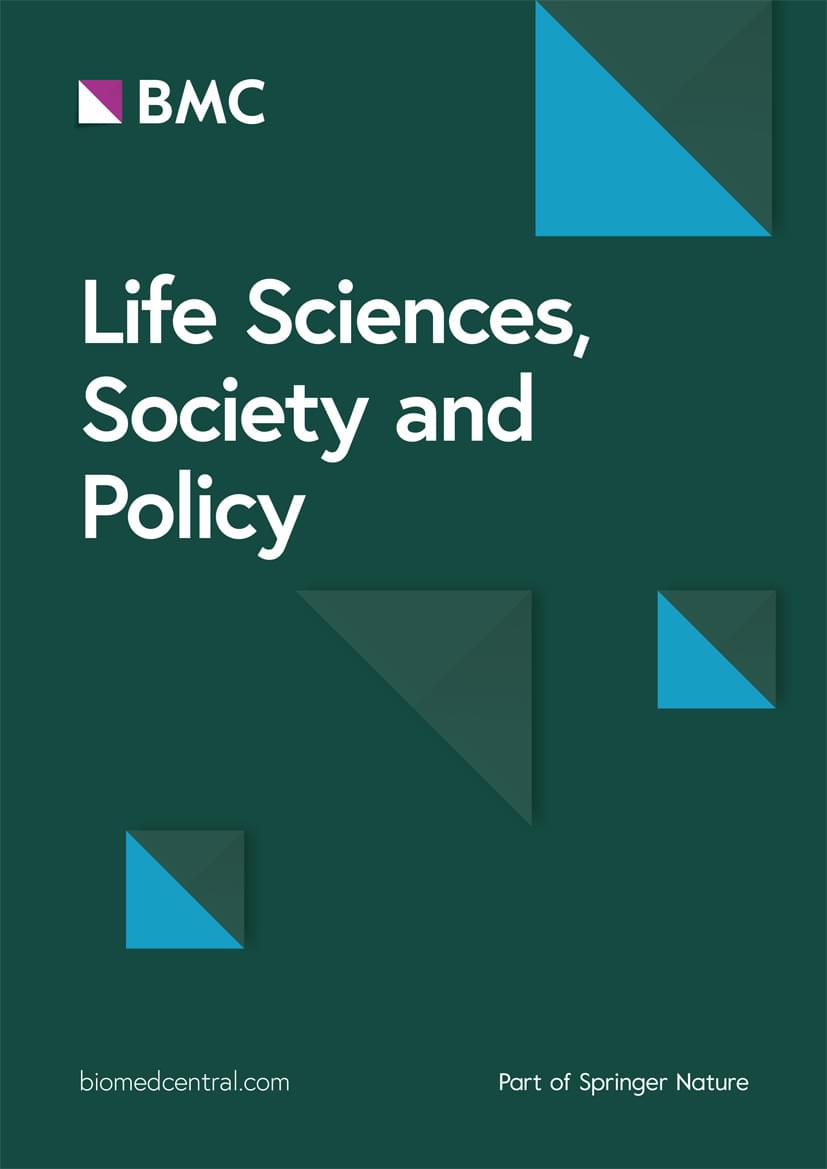US researchers at little explored area of quantum geometry to improve performance of superconductors at higher temperatures.





Just 10 to 15 minutes of mindfulness practice a day led to reduced stress and anxiety for autistic adults who participated in a study led by scientists at MIT’s McGovern Institute for Brain Research. Participants in the study used a free smartphone app to guide their practice, giving them the flexibility to practice when and where they chose.
Mindfulness is a state in which the mind is focused only on the present moment. It is a way of thinking that can be cultivated with practice, often through meditation or breathing exercises—and evidence is accumulating that practicing mindfulness has positive effects on mental health. The open-access study, reported April 8 in the journal Mindfulness, adds to that evidence, demonstrating clear benefits for autistic adults.
“Everything you want from this on behalf of somebody you care about happened: reduced reports of anxiety, reduced reports of stress, reduced reports of negative emotions, and increased reports of positive emotions,” says McGovern investigator and MIT Professor John Gabrieli, who led the research with Liron Rozenkrantz, an investigator at the Azrieli Faculty of Medicine at Bar-Ilan University in Israel and a research affiliate in Gabrieli’s lab.


Brighter with Herbert


Rapid advancements in human neuroscience and neurotechnology open unprecedented possibilities for accessing, collecting, sharing and manipulating information from the human brain. Such applications raise important challenges to human rights principles that need to be addressed to prevent unintended consequences. This paper assesses the implications of emerging neurotechnology applications in the context of the human rights framework and suggests that existing human rights may not be sufficient to respond to these emerging issues. After analysing the relationship between neuroscience and human rights, we identify four new rights that may become of great relevance in the coming decades: the right to cognitive liberty, the right to mental privacy, the right to mental integrity, and the right to psychological continuity.